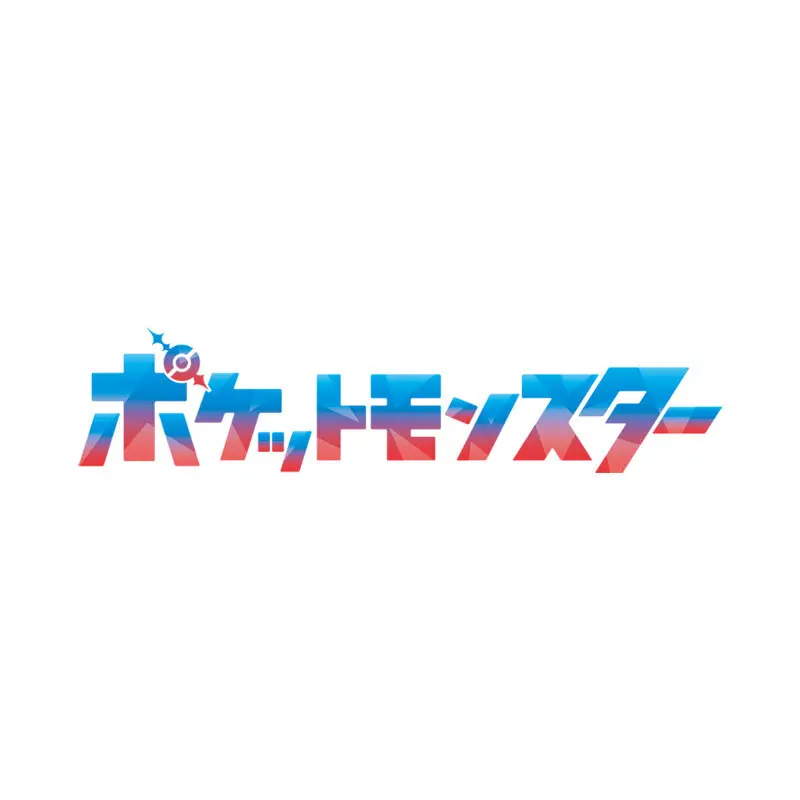
Our Policy and Strategy
TOMY’s founder, Eiichiro Tomiyama, was a passionate proponent of developing toys for all, and directing corporate management to benefit society at large. We still uphold those principles today. TOMY’s pioneering concept for accessible-design toys that children with visual or hearing disabilities could also play with won much praise, and has since been adopted across the industry. The TOMY Group is determined to keep promoting universal design toys and create products and services that anyone of any age, gender, ability or disability can enjoy.

Management Structure
The TOMY Group started off by developing special toys for children with visual impairments in 1980. We then went on to propose and provide accessible-design toys that enable all children, including those with visual and hearing impairments, to play together. Today, that initiative has been adopted as a standard across the whole industry.
The TOMY Group department responsible for promoting corporate citizenship works together with individual planning and development managers to promote our universal design, and also serves as our main point of contact with the Japan Toy Association’s Accessible Toy Promotion Committee.

Key Initiatives
Accessible-design Toys
Our universal design toys, which children with visual and hearing disabilities can also play with them, are known as accessible-design toys. As a manufacturer driving the promotion of accessible-design toys in the industry, the TOMY Group strives to create a wide variety of such toys. In fiscal 2019, we compiled our knowledge of accessible-design toys into a handbook, which we subsequently used to improve understanding of the concept across the company.
Designated marks printed on packages make it easy to identify the accessible-design toys at regular toy shops. Toys with a Guide Dog Mark are accessible for children with visual disabilities, and toys with a Rabbit Mark are enjoyable for children with hearing disabilities. To put these marks on packages, the toys must be reviewed and approved as accessible by the Japan Toy Association’s Accessible Toy Promotion Committee. Since 2013, the TOMY Group has received accessible-design certification for approximately 100 types of products each year. In today’s world, with its greater opportunities for a diverse range of children to play together, the need for toys that have been adapted to facilitate group play is likely to grow more than ever. We are very keen to create opportunities through toy play for children to learn to accept and respect each other, and enjoy doing things together.

Guide Dog Mark
The Guide Dog Mark indicates accessible-design toys that can also be enjoyed by children with visual disabilities.
Sounds and textures are crucial features for children with visual disabilities. Toys with such features incorporated from planning and development stages are designated as accessible-design toys, which are approved to bear the Guide Dog Mark.
The Japan Toy Association, the accreditation authority, encourages approved toy manufacturers to print the mark on toy packages.

Rabbit Mark
The Rabbit Mark indicates accessible-design toys that can also be enjoyed by children with hearing disabilities.
Toys with strong sound features that have been adapted for children with hearing disabilities to enjoy are designated as accessible-design toys, which are approved to bear the Rabbit Mark.
The Japan Toy Association, the accreditation authority, encourages approved toy manufacturers to print the mark on toy packages.
Fostering a Culture of Universal Design Thinking
In 2022, TOMY began training "UD Leaders" who proactively learn about universal design and apply the knowledge and skills they gain to the development of Asobi. By continuing to promote the acquisition of Universal Design Coordinator certification, we aim to create products and services that can be enjoyed by even more children.
FY2024 Results
- Universal Design Coordinators* (cumulative total since FY2022)
- 20 certified at Class Pre-2
- 133 certified at Class 3
Addition of Tactile Marks on All Electronic Toys
We have decided to add Tactile Marks for switches, etc., to all electronic toys of the TOMY Group, both in Japan and overseas, to make them easier to operate for people with visual impairments from 2024.
Voice Catalog
These catalogs are primarily for children with impaired sight who find it difficult to see the pictures of the toys. The corner is designed to convey the fun of toys by explaining toy’s movements and shape through spoken words and toy sounds.













